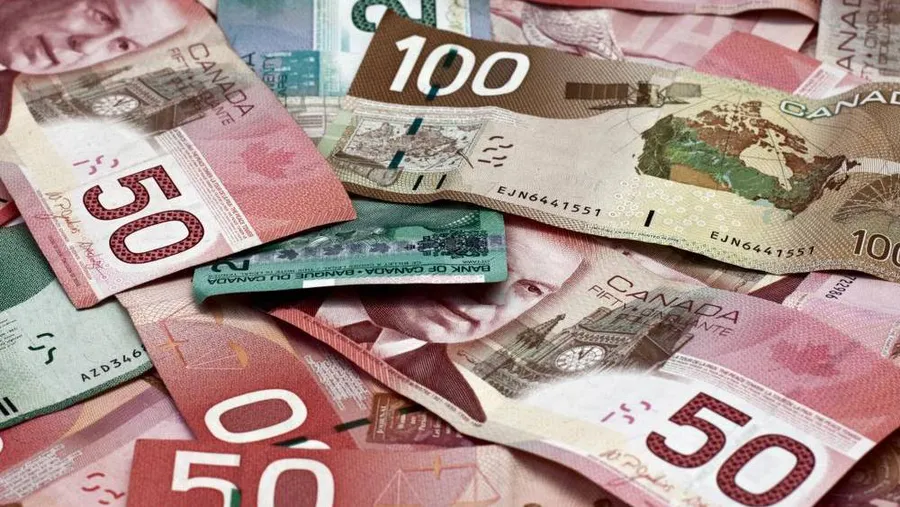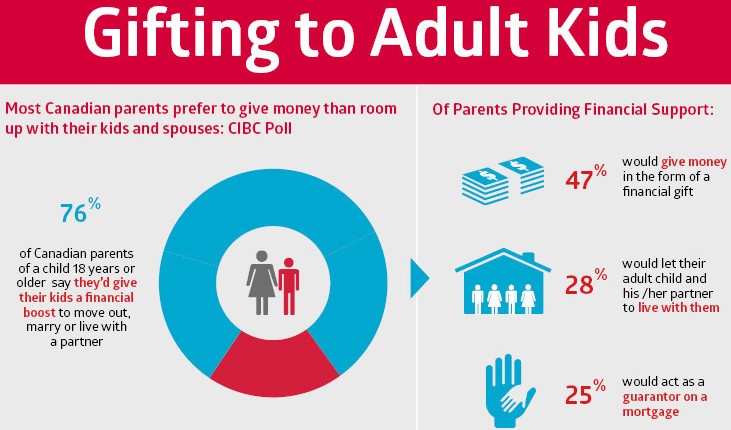The Liberals are set to release a much overdue Federal Budget on April 19th 2021. You are probably well aware that the Covid money being shovelled out by the Liberals since last March has increased the Federal Deficit and Debt substantially (and continues to do so). This downhill fiscal slide has to move in the opposite direction asap and Monday April 19th is D(ecision) Day.
What you may not know is that the Federal Government has (had?) been looking at the issue of tax on real estate and in particular principal residences. Part of this has involved shelling out $250,000 last summer to UBC to research the first ever “Federal Home Equity Tax”. “The objective is (was?) to identify solutions that could level the playing field between renters and owners.”
So, with that said, here are the biggest and most likely areas that could be the targets for generating additional tax revenue:
Tax On A Gains From A Principal Residence
A home is for many people, the greatest store of wealth they will accumulate in their lifetime. As I mentioned, the Liberals have to deal with a significant deficit and debt problem and your home is an obvious area to draw those dollars from. The current Liberals also have shown great interest in wanting to narrow the gap between the opposite ends of the wealth spectrum. The biggest tool they have to even out the wealth among us and at the same time, rectify Canada’s fiscal situation is to tax gains on principal residences. The US currently has a cap of $250,000 of tax free capital gains on a principal residence ($500,000 for a married couple). Canada is 1 of only a handful of the 37 countries in the OECD (Organisation for Economic Co-operation and Development) that still has 100T gains on a principal residence being tax free. It is very likely that Canada will be giving this up, although it may not be this month. Just last week the Liberals vehemently denied that taxing gains on principal residences is on the table. Not surprising, since doing so could push a minority Federal Liberal Government out of power. They know that the vast majority of Canadians believe that these tax free gains are their right. A small step however could be made toward taxing principal residence capital gains. They could do this by targeting a very high dollar threshold (ie $1 million or more?). The bottom line is this. More people are advocating for taxing the gains on principal residences, so the 100% tax free gains you currently are entitled to on your principal residence will probably disappear and that reality is coming closer with each passing day.
Taxable Portion Of Capital Gains – Increase from 50% to 75% (or 100%?)
Today, if you make money on an investment, only 50% of the capital gain is taxed. Before 1972 there was no tax on capital gains. Every dollar you made on an investment was yours with no tax to pay. In 1972 it was upped to making 50% of your capital gains taxable. In 1988 it increased to 66.7% and in 1990 it went up to 75%. At that time Canada’s debt to GDP was considered high at 67% (although it got over 82% in 1996 from a record low of 32.7% just 19 years prior). Our debt to GDP ratio will probably shoot above the mid 60’s this year because of the Covid spending, giving ammunition for the government to justify increasing the taxable portion of capital gains back up to 75%. Frankly, I think this is a slam dunk because capital gains are considered by the masses to be something that the “wealthy” (yes, that means you and me) only get to benefit from. Low hanging tax generation fruit for the Liberals and it wouldn’t be widely unpopular. (I’ve heard rumors that the Biden administration could potentially tax capital gains fully, just like regular income.)
Wealth Tax
France, Netherlands, Spain, Norway, Switzerland, Italy and Argentina all have a wealth tax of some kind. France’s only applies to real estate and I believe Canada could follow down that same path. It would probably apply when your wealth (real estate you own) reaches a certain valuation level. Tax like this would be an annual cost of .2 to .4% of the value of property, making it a growing revenue that the Federal Government can rely on, each and every year.
Luxury Tax
Unlike the first 3 I mentioned, a luxury tax is a tax on spending not on wealth. The basic form of this is HST and GST which, prior to 2008, was 2% higher than it is now. Because it was higher before, the Liberals could easily put it back up to where it used to be. I’d say a GST increase is quite likely since it applies to everyone and it has gone up an down a bit since it was 1st introduced. As well, the “higher income earners spend more thus they will be paying more”, fits with the Liberals philosophy of taxing the rich. A separate tax on “luxury” items could also be very likely (ie. more expensive cars having an added luxury tax of 5 – 10%; BC has a tax on luxury cars in place already that kicks in on cars costing $55,000 and up. Yes, $55,000 is considered luxury).
Of all of these, a Wealth Tax would most likely generate the most amount of money for the Federal Government. If you have any properties outside of your personal residence, I’d suggest that the Liberal government is seeing you as one of their easiest targets. One reason is that you are their biggest source of tax revenue they could hit (outside of an income tax) and and two, you are the smallest threat to their power since a Wealth Tax is perceived to hit only the rich. As well, a broad voter base would support this much more than they would a tax of any kind on principal residences. Of course, this is all to be determined next Monday, April 19th. Again however, if any of these isn’t put in place then at least you’ll know what could be coming soon.
PS. Here is a great article in the Financial Post on why the gains on principal residences should be taxed (I suggest reading this article but that doesn’t mean I agree with it. Reading an opposing opinion makes for better critical thinking rather than dogmatically sticking to what you believe to be true or right).






